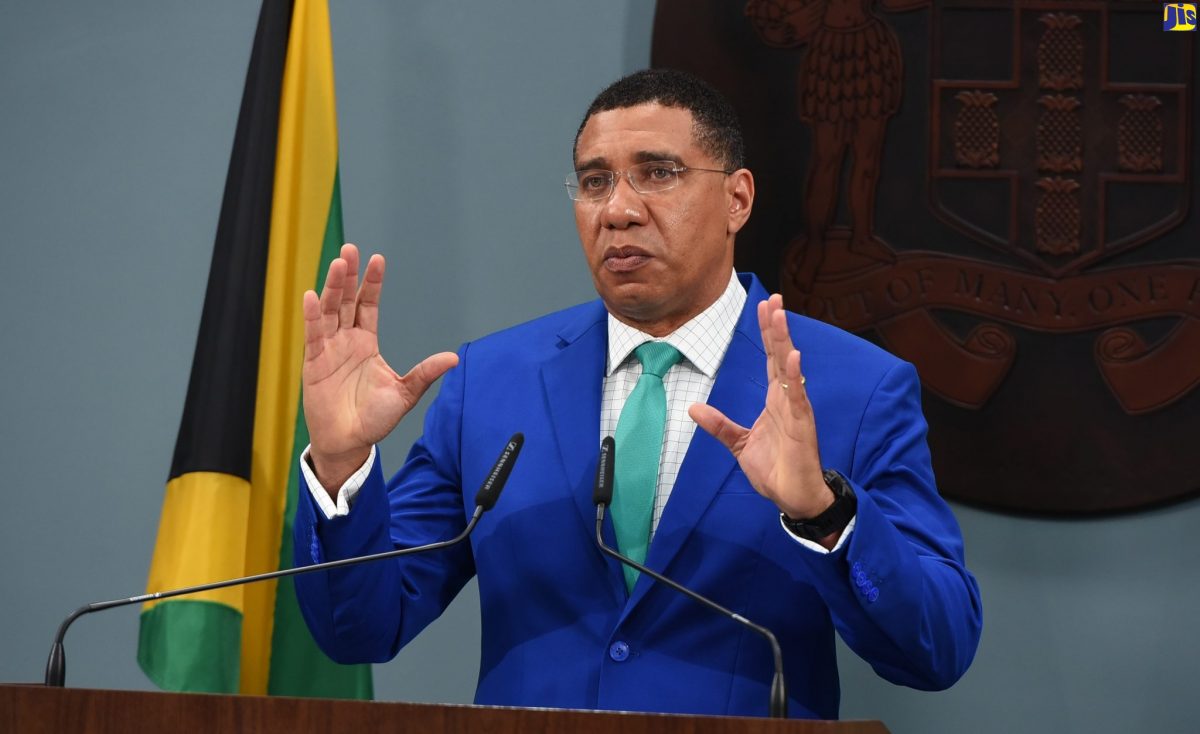Prime Minister Andrew Holness has described as a ‘national emergency’ the need to reach out to Jamaica’s human resources who are outside the formal labour force, given evidence of a labour shortage.
He says despite programmes that are in train to bridge the gap between school-leavers and those that graduate to the labour force, there is a hard-core block of human capital that has been left behind for decades, living in communities with nothing to do.
“They are the ones who are getting themselves into problems. They are the ones committing crime; and they are the victims themselves,” Prime Minister Holness said Tuesday ahead of the official launch of a new US$30-million production line at beverage manufacturer Pepsi-Cola Jamaica Bottling Company Limited in Kingston. Holness said the present record-low unemployment rate of 4.5 per cent does not take into account those who are not seeking work or who have otherwise opted to stay outside the labour force.
He said a way must be found to grow the active labour force by engaging those who have opted out, especially in light of the fact that the country is fast running out of options as it relates to supplying a work-ready labour force that can be a part of the rapid pace of development being observed at this time. “First of all (we need) to get them into a culture of work and develop a work ethic; and to get them the skills to make them functional. That is now a driving priority of this administration,” the PM said at the function on Tuesday. Pointing to the rising calls for Jamaica to supplement its labour pool with imported skills, Holness said the idea remains controversial but that it’s worthy of consideration. Regardless of the debate about the size of the pool of persons that are not part of the labour force, there will come a time, if the present rate of development continues, when that pool will be used up and then alternatives such as skills importation will have to be found, he said.
“If we continue to grow and our growth base increases, we will use up those who are outside (the labour force), maybe in the next five years, six years, or even 10 years; but you can’t wait till that point in the future to make policies for that time. You have to be thinking ahead,” Holness argued. As a consequence of its investments, Pepsi-Cola Jamaica increased its workforce by 25 per cent. Holness said the newly installed production line took eight months to complete, but could have been shortened had the labour pool been readily available.
( Jamaica Gleaner)






